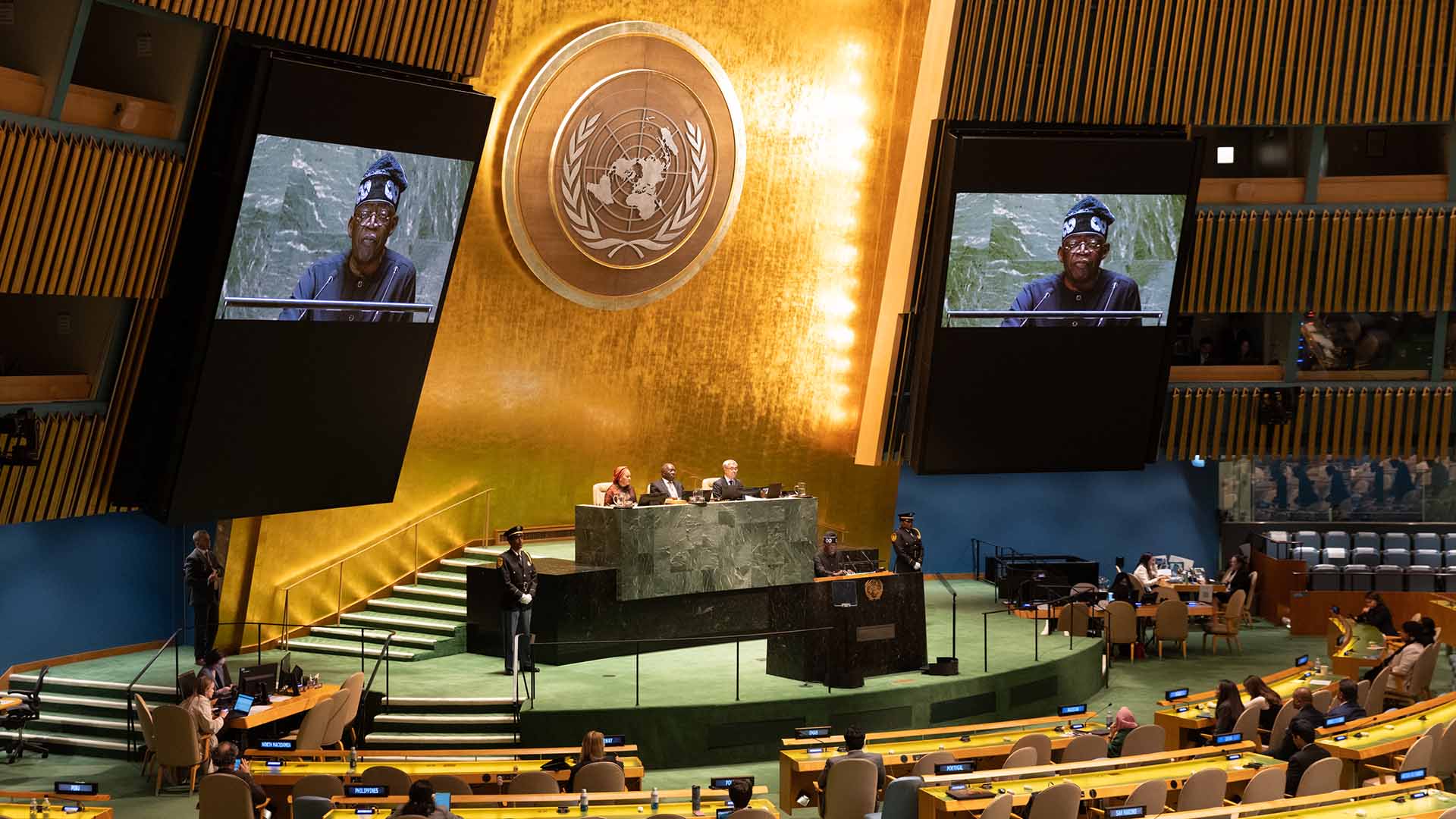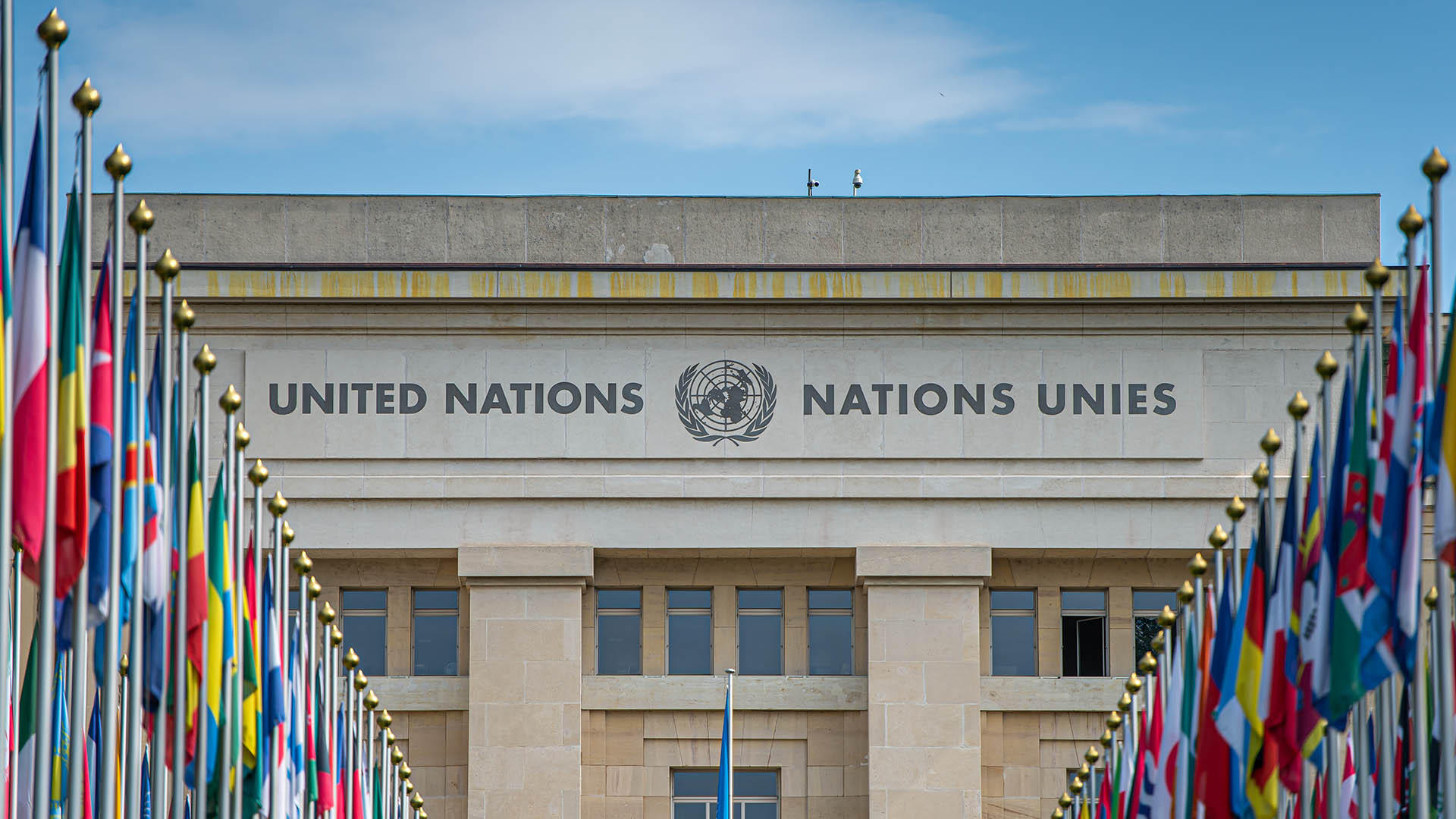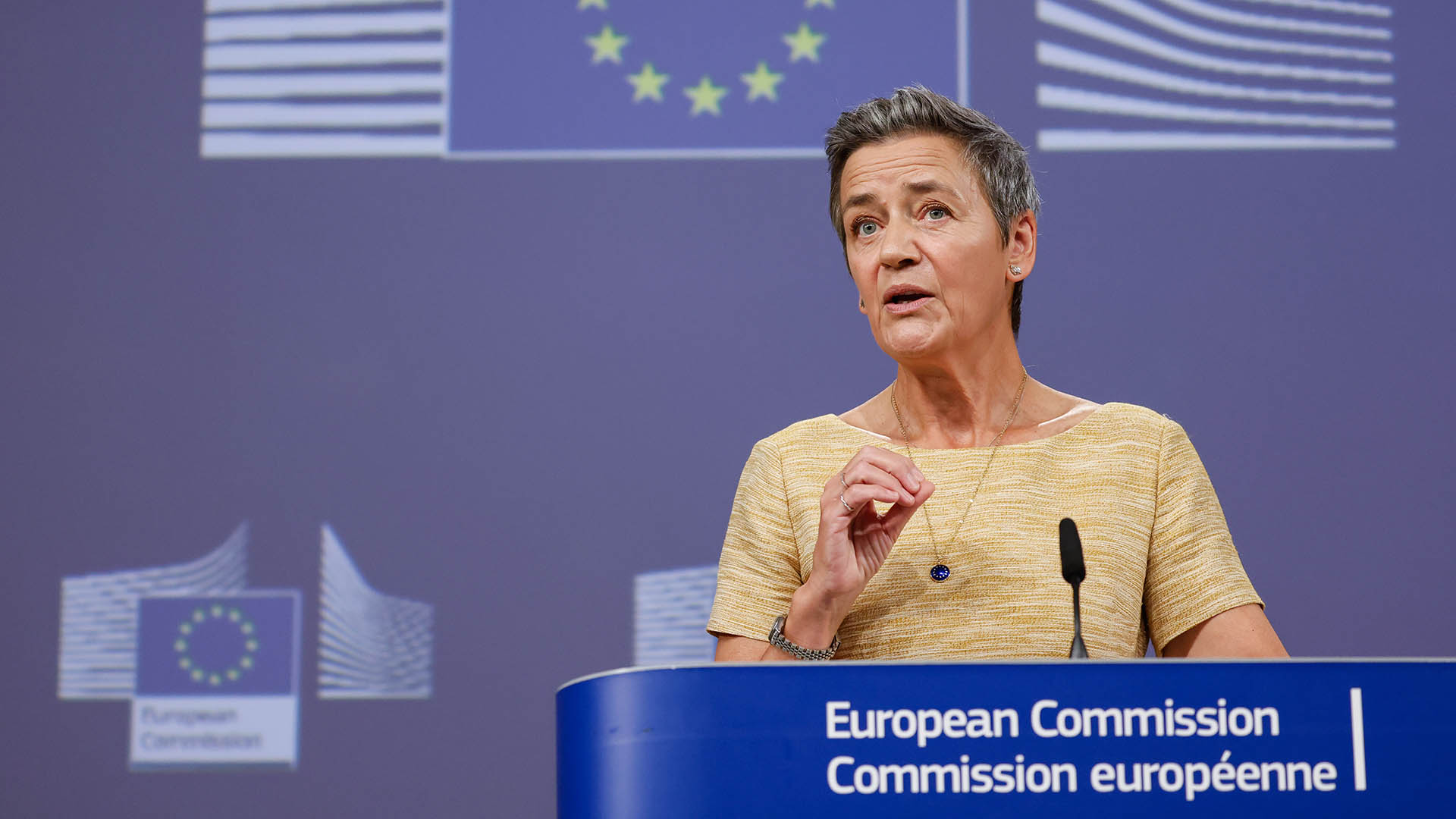Nigeria has taken another big step toward shaking up the international tax system, calling for a legally-binding U.N. tax convention in a new draft resolution.
The resolution, filed on Oct. 11 on behalf of African member states, is the latest development in an ongoing tussle between the United Nations and the Organisation for Economic Co-operation and Development over which organization should shape the global tax agenda.
A U.N. tax convention would “strengthen international tax cooperation and make it fully inclusive and more effective,” the resolution said, echoing the wording of an earlier report by U.N. Secretary-General António Guterres, which criticized the OECD for ignoring the needs of developing countries.
For decades, international tax policy has been dominated by the OECD, a group of 38 mostly high-income countries, including the United States, the United Kingdom and Japan. But the outsized influence of the organization’s wealthy countries has led many lower-income countries, including some OECD members, to question whether a more representative body should take the reins.
“Two main features of the OECD are that it’s exclusionary — it’s a member organization that prioritizes the economic interests of its member states — and that it’s been shown not to have effective rule-making power,” said Alex Cobham, the chief executive of the Tax Justice Network advocacy group.
“The thing that, I think, has changed is that a lot of OECD members have also had to accept that it’s not even effective for them.”
If the draft resolution is adopted by the U.N. General Assembly at an upcoming vote in November, it will require the creation of an ad hoc intergovernmental committee open to all member states with a bureau of 10 members, with equal gender and regional representation.
The committee will be tasked with drafting a U.N. tax convention by June 2025, taking into account “the needs, priorities and capacities of all countries, in particular developing countries and countries in special situations,” according to the resolution.
The resolution also calls for the committee to consider the impact of international tax rules on inequality, gender outcomes and the environment, and to decide how best to tackle “tax-related illicit financial flows.”
A separate resolution from the African member states, adopted at the end of last year, pushed for the U.N. to increase efforts to claw back revenue lost through tax evasion and avoidance. In August, the Tax Justice Network warned tax havens could cost countries nearly $5 trillion over the next decade.
Despite the consensus among member states that the U.N. should expand its role in developing global tax standards, a rift has already emerged between African and European countries on how it should happen.
In September, a group of finance ministers from the European Union warned that a U.N. tax convention would risk duplicating OECD-led efforts to curb cross-border corporate tax avoidance, most recently through the landmark 2021 global tax deal.
“It could imply re-opening negotiations, potentially on issues for which promising outcomes already exist,” the finance ministers said in a joint letter. “This would be time consuming for all jurisdictions.”
The stance contradicted the European Parliament’s support for a U.N. tax convention in its report on “lessons learnt from the Pandora Papers,” which was tabled in response to ICIJ’s 2021 tax haven investigation.
The high-profile OECD tax agreement, brokered between nearly 140 countries, included a commitment by governments to set a minimum 15% corporate tax rate for multinationals, but its implementation has been beset by delays. The other pillar of the deal — meant to force U.S. tech giants and others to share profits with the countries where they operate — looks set to fail.
“I think what everyone has been quite clear on is that OECD’s two-pillar proposals are not really a solution,” Cobham said.
“Because the proposals don’t reduce profit shifting, the winners will be much the same, and the process is really just moving around the losses — so most countries will be no better off.”
ICIJ investigations such as the Paradise Papers and Lux Leaks have highlighted the staggering scale of corporate tax dodging by some of the world’s biggest companies but the problem has been hard to quantify. A new report by the EU Tax Observatory estimates that around 35% of foreign profits made by multinationals, totaling $1 trillion globally, were shifted to tax havens in 2022.
Even so, the EU finance ministers flagged their preference for a globally inclusive forum without binding legal powers to discuss tax matters, with a focus on ensuring “concrete benefits to the participating countries, while facilitating parallel and sustained progress at the OECD.”
“If the EU countries don’t revise their position, they risk becoming blockers in the global fight against tax havens,” Tove Maria Ryding, tax coordinator at the European Network on Debt and Development, said in a statement. “We have no time for posturing and governments dragging their feet.”
Ryding described the OECD as a “rich countries’ club” and said that the organization was “never a global body, and therefore is not a legitimate place to make global decisions on tax.”
An OECD spokesperson declined ICIJ’s request for comment. In August, the director of the OECD’s Centre for Tax Policy and Administration, Manal Corwin, told ICIJ via email that the organization was proud of its “proven track record enabling significant changes in the international tax landscape that have benefited developed and developing countries.”
Transparency advocates argue that shifting global tax leadership from the OECD to the U.N. would allow countries to participate on an equal footing and ensure that decision-making on international tax rules no longer happens behind closed doors.
Cobham, of the Tax Justice Network, said if countries that have championed clamping down on tax abuse oppose reform they risk alienating the public, while “telling most of the countries in the world that they’re not in favor of their having a meaningful voice on international tax matters.”
Whether U.N. member states can reach a compromise on the new resolution “or if the blockers say no to compromise, remains to be seen,” he said.







